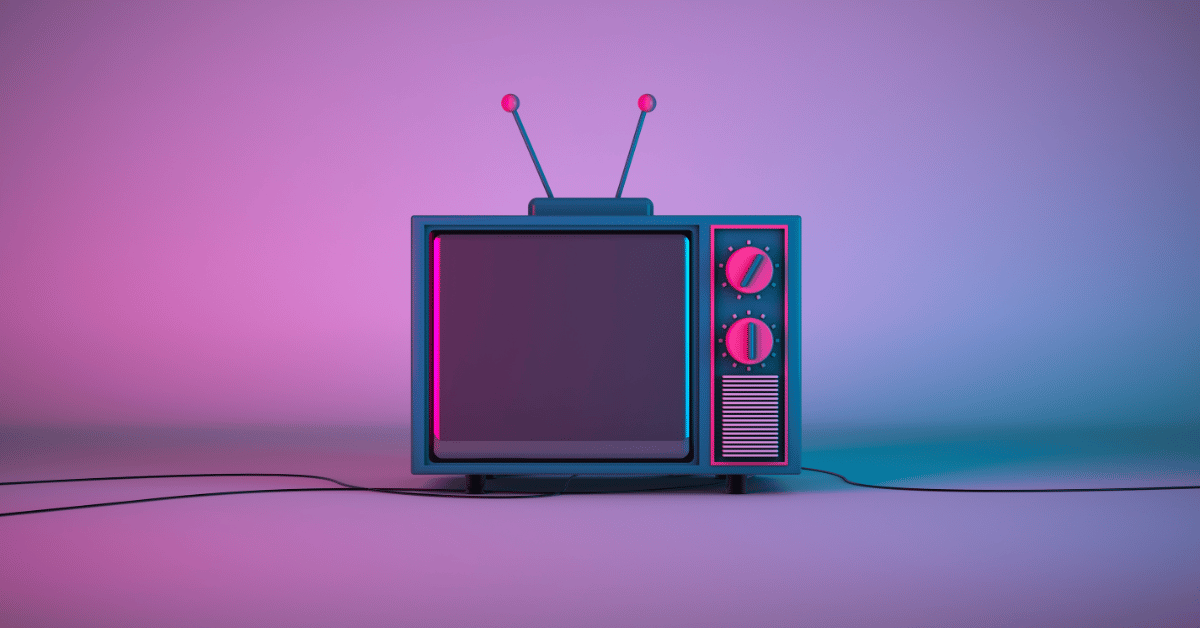Projectors are an increasingly popular alternative to traditional TVs, providing a large display area and a cinematic viewing experience. Many people wonder if a projector can be used as a TV, and the answer is yes! However, using a projector as a TV requires additional equipment and setup. In this article, we will explore the advantages and limitations of using a projector as a TV, as well as the equipment you will need for the setup. Whether you’re looking to create a home theater or just curious about the possibilities, this guide will help you decide if using a projector as a TV is right for you.
Table of Contents
Can a Projector Be Used as a TV?
Yes, a projector can be used as a TV, but it requires additional equipment and setup. In this guide, we will explore the advantages and limitations of using a projector as a TV, as well as the equipment you will need for the setup.
Advantages of using a projector as a TV:
- Large display area: A projector can provide a larger display area than most traditional TVs, providing a cinematic viewing experience.
- Cost-effective: A projector can be a cost-effective alternative to buying a large TV set, especially if you already have a good sound system in place.
- Portable: Many projectors are portable and can be easily moved from room to room, making them a versatile choice for your entertainment needs.
Limitations of using a projector as a TV:
- Ambient light: Projectors require a dark environment to provide a clear and vibrant image. Ambient light can wash out the image and diminish the viewing experience.
- Space requirements: Projectors require more space than traditional TVs due to their distance from the screen. You’ll need a dedicated space with enough room to set up the projector and screen.
- Additional equipment: Using a projector as a TV requires additional equipment, including a screen and sound system.
Equipment needed to use a projector as a TV:
- Projector: You’ll need a projector with an HDMI input and a high-resolution output to provide a clear and vibrant image.
- Screen: A projector screen provides a better viewing experience than projecting onto a wall. Choose a screen that fits your space and budget.
- Sound system: Projectors don’t typically come with built-in speakers, so you’ll need a sound system to provide audio. Consider a surround sound system for a cinematic experience.
- Media player: A media player, such as a streaming device or cable box, is needed to provide content to the projector.
- HDMI cable: An HDMI cable is needed to connect the media player to the projector.
Setup steps:
- Choose a location: Choose a dedicated space that is dark and has enough room for the projector and screen.
- Set up the screen: Install the screen in the chosen location and ensure that it is level.
- Install the projector: Install the projector on a flat surface at the correct distance from the screen.
- Connect the projector: Connect the projector to the media player using an HDMI cable.
- Set up the sound system: Connect the sound system to the media player using an optical or HDMI cable.
- Adjust the settings: Adjust the projector settings, including brightness and contrast, to provide the best viewing experience.
In conclusion, a projector can be used as a TV, providing a large display area and a cinematic viewing experience. However, it requires additional equipment and setup, and ambient light and space requirements can limit its use. By following the steps outlined in this article and weighing the advantages and limitations, you can decide if using a projector as a TV is right for you.
Why Do You Want to Watch TV with a Projector?
There are several reasons why someone might want to watch TV with a projector:
- Large display: A projector provides a larger display area than most traditional TVs, providing a cinematic viewing experience. This is particularly appealing for those who enjoy watching movies or sports.
- Flexibility: A projector can be a versatile choice for your entertainment needs. It can be used indoors or outdoors, providing a portable and flexible viewing option.
- Cost-effective: A projector can be a cost-effective alternative to buying a large TV set, especially if you already have a good sound system in place.
- Customization: With a projector, you can choose the size and shape of the screen that best suits your viewing preferences. This can be particularly useful if you have a unique space to work with.
- Better picture quality: Projectors can provide a better picture quality than some traditional TVs, especially if you opt for a higher-end model. Projectors offer brighter and more vivid colors, deeper blacks, and sharper images.
- Social gatherings: Projectors can be a great way to gather friends and family for movie nights or sports events, providing a more immersive and engaging viewing experience.
In conclusion, there are several reasons why someone might want to watch TV with a projector, ranging from the large display area and flexibility to the cost-effective and customized options. Projectors can provide a more immersive and engaging viewing experience, making them a popular choice for those who enjoy watching movies, sports, or hosting social gatherings.
Conclusion
In conclusion, using a projector to watch TV can provide a variety of benefits, including a large display, flexibility, cost-effectiveness, customization, better picture quality, and an immersive viewing experience. Whether you’re looking to create a home theater, watch sports or movies with friends and family, or simply enjoy a more engaging viewing experience, a projector can be an excellent choice. By understanding the advantages and limitations of using a projector as a TV, and the equipment and setup required, you can decide if this option is right for you. Regardless of your decision, it’s clear that projectors offer a versatile and exciting option for your entertainment needs.

